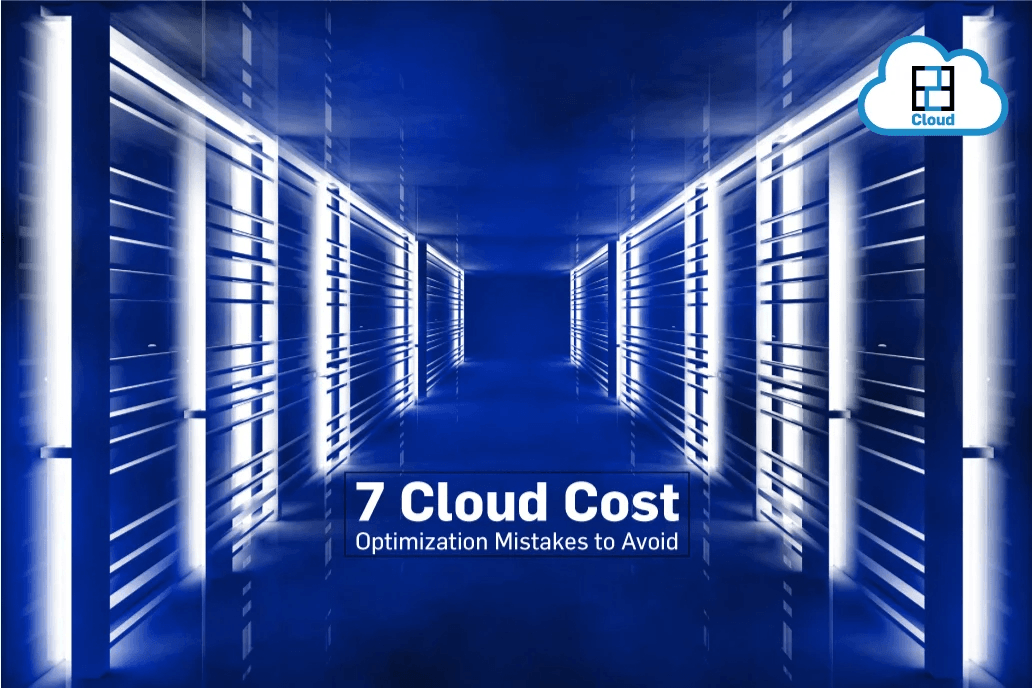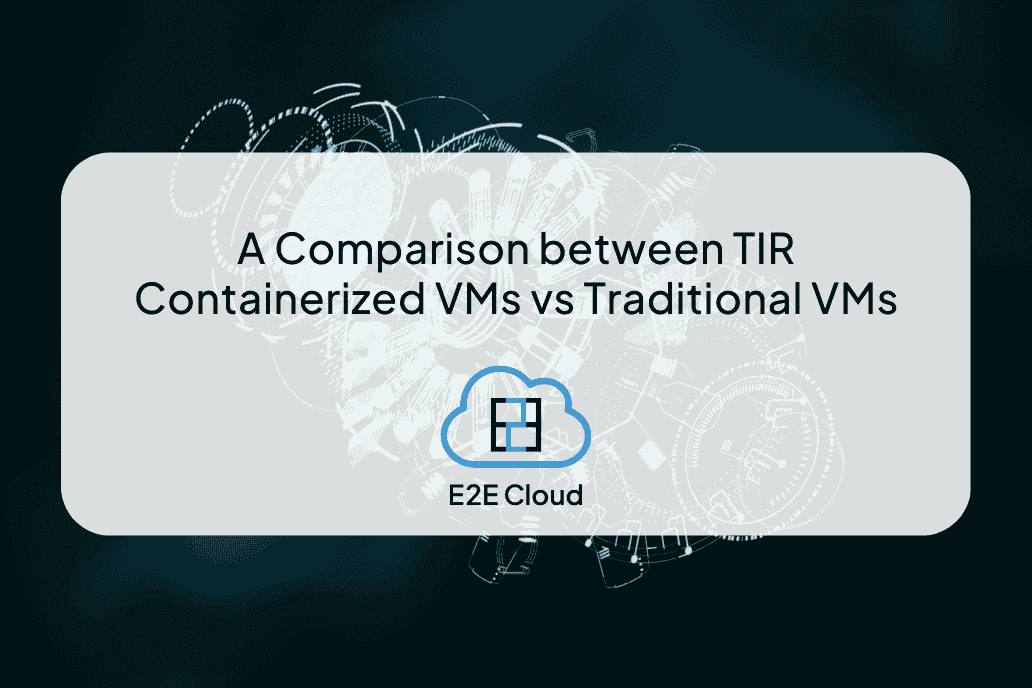One of the most significant decisions to make and rather a difficult one as well when installing a web server or outsourcing the job to web hosting providers is to decide whether to go with Linux based servers or Windows based ones. Since the early 1990s, which is the era when both Linux and Windows based servers came into the market, this question has crossed the minds of many developers and users and till to this date it is not easy to make a choice between the two. Having said that, currently Linux is the market leader with approximately 60% of the market share. This could be because (but not limited) of the fact that Linux OS is an open source software, which means it is free to download and use as against Windows server licenses which are paid and rather quite expensive. But cost is not the only factor that customers of these services will look upon as there are multitude of factors that play an important role in making the right choice between these two. Lets see how these two heavyweights in the server industry fare with each other and what makes them different from one another.
Benefits of choosing a Windows server:
- One of the most satisfying experiences of choosing a Windows server over its competitor is that you will be provided constant, full time support from Microsoft’s support team. This can be crucial in critical situations especially, when you are stuck with a problem that you can’t figure out the solution for. Since the servers are fully developed and maintained by Microsoft, they are able to deploy full fledged support team to help their customers in a professional way.
- Since working on Windows servers is handled mostly through its GUI, users with previous Windows experience will have an easy time handling the servers. There is very limited need to switch over to Command Line Interface (CLI) as far as Windows servers are concerned. This could be a great news for many who have zero or little experience with CLI.
- Windows servers can be configured with state of the art cloud technologies which are bespoke to Microsoft products and services. These include features such Cortana Intelligent Suite, Microsoft Azure, Advanced data analytics and much more.
Shortcomings of a Windows server:
- Perhaps one of the more significant factors why customers select Linux over Windows servers could be cost effectiveness of the former. Even in its paid avataar, Linux is believed to cost lesser than its competitor.
- Windows servers are hardware oriented systems which require frequent hardware upgrades to accommodate the latest technologies that are introduced into their ecosystems, which can add up to the final cost of using their service.
Benefits of using Linux servers:
- Linux systems are known to be extremely reliable pieces of technology. Many linux users have claimed to have run the machines with linux on them without restarting for years. This proves how much durable and stable the architecture of the software is. This is proved to be an important requirement in server environment as shutdown or extended downtime of the servers could incur losses for businesses utilizing them.
- Linux is an open source software, which means it is free to download and use. There are also paid versions of the OS like RHEL which have certain upgrades over their freely distributed partners. Nevertheless when it comes down to cost effectiveness only, Linux beats Windows hands down.
- Linux, which is based on Unix, is extremely secure from hacking and virus attacks. This is because only the root user has the administrative privileges and applications running on the OS have very little access to the kernel. This doesn’t mean that it is 100% free from attacks, but immediately when a bug is discovered anywhere in the architecture, the vast community of developers fix it quickly.
Shortcomings of Linux servers:
- Linux lacks the latest in cloud technology when compared to Windows which provides advanced Artificial Intelligence (AI) and great data analytics features integrated to its server ecosystem.
- There are not many limitations of a linux OS and if something has to be nitpicked then it could be the CLI based handling of the server operations. Its a learning curve that users have to go through when they are new to CLI, but when they master this interface, it becomes really interesting and proves to be a powerful window to accomplish difficult tasks.
Who’s the winner then?
Now then, wondering who’s the winner in this well fought battle? Keep wondering folks, as their is no clear winner when it comes to choosing between these two masters of the server industry. Maybe if cost is a major factor, which it usually is in case of small and medium enterprises, then Linux would be a very good choice and also a satisfying one. But if you are looking for the latest in cloud technology and you require professional support from a world class company in helping you take your business to the next level, in pursuit of which you don’t care about spending extra bucks, then Windows it is.









